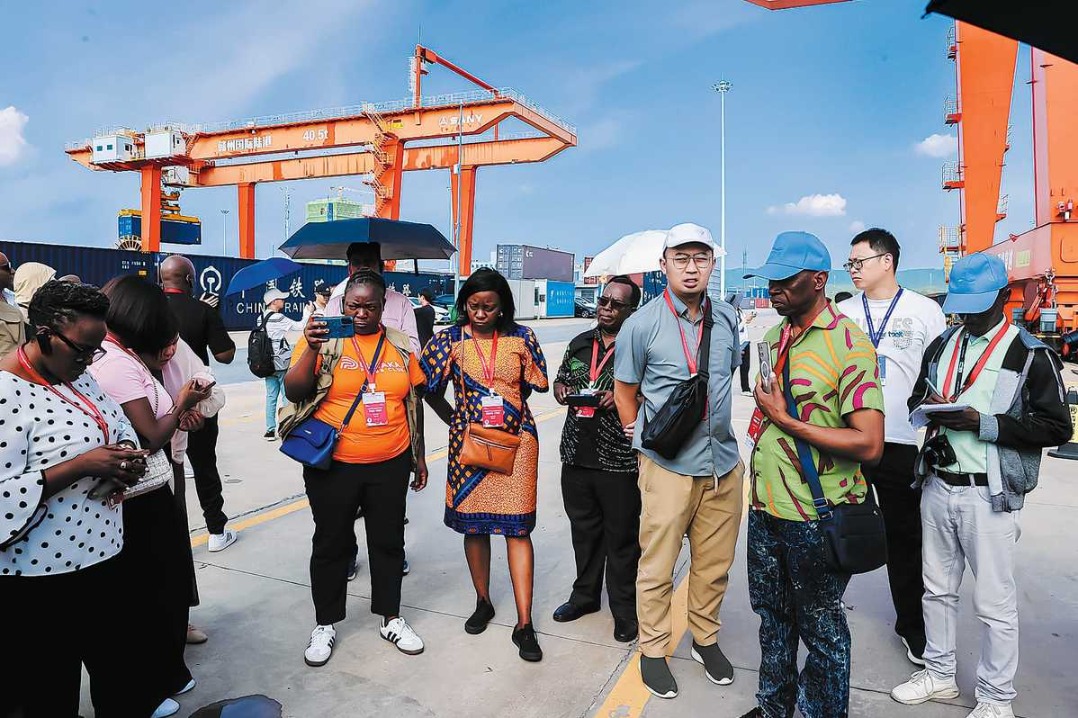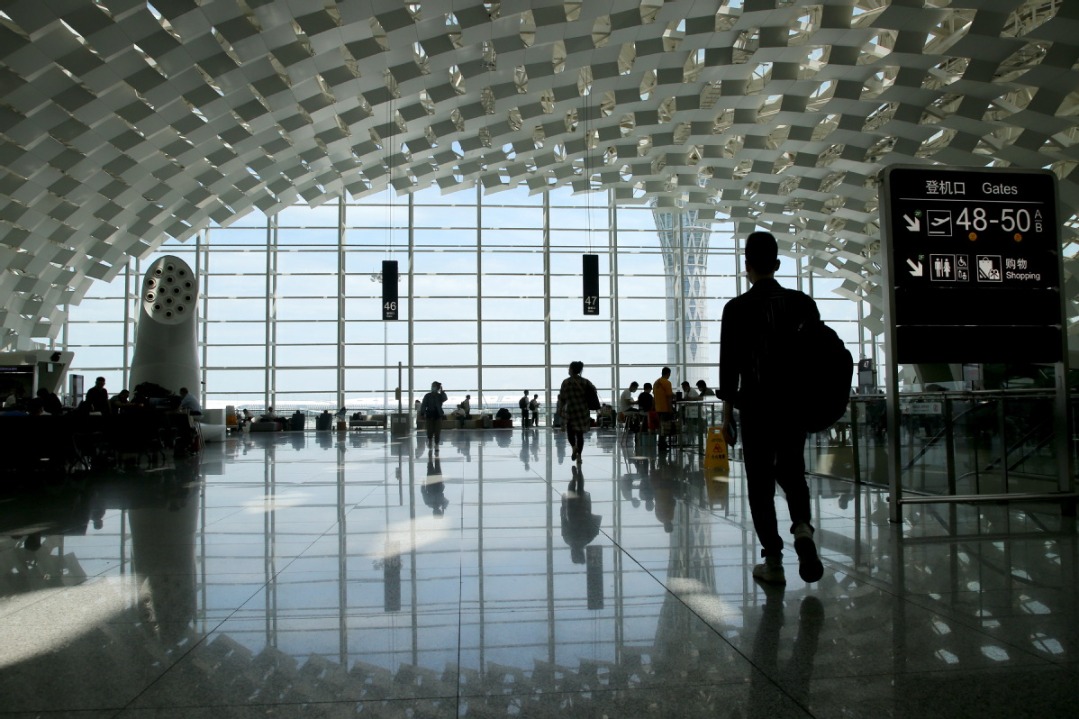Debt compounds impact of outbreak, forum told

A growing debt burden is worsening the impact of the coronavirus pandemic on swathes of low-income countries, according to a governmental grouping with a reach across the globe.
Representatives of member countries of the Organization of the African, Caribbean and Pacific States, or OACPS, drew attention to the problem on Wednesday at a summit that also heard concerns about the effects of economic sanctions.
The virtual summit was convened by Kenyan President Uhuru Kenyatta, serving as the president-in-office of the OACPS.
He said debt in many of the member states was continuing to rise.
"Forty-four percent of low-income and least-developed countries are in debt distress or assessed as being at high risk of external debt distress. The COVID-19 pandemic and related global economic shocks will exacerbate this problem.
"At the national level, COVID-19 has led to a shrinking of fiscal space, while at international level the pandemic has weakened the pipeline of resources dedicated to development programs."
Led by Rwandan President Paul Kagame, OACPS leaders-including South African President Cyril Ramaphosa and Zambian President Edgar Lungu-called for the lifting of economic sanctions against Sudan and Zimbabwe.
In his address to the summit, Kagame called for the move to help the two African countries better respond to the pandemic.
"The effects of coronavirus will persist long after the virus is defeated and the road to recovery will be long. Increased cooperation and mutual interdependence will be the hallmark of effective international response," Kagame said.
The meeting was also attended by representatives of OACPS development partners, led by France, Norway and Canada.
In a recorded message, French President Emmanuel Macron challenged global lending institutions to go beyond current relief measures and consider debt cancelation for the most vulnerable countries.
Addressing the summit as a guest, World Health Organization Director-General Tedros Adhanom Ghebreyesus said that the coronavirus caseload of members of the grouping was not as high as had been feared.
However, he warned that the members were still vulnerable for many reasons and there was still a need for solidarity, preparedness and a comprehensive approach.
Today's Top News
- Pragmatic discussions can illuminate the way to a brighter future for China-EU ties
- Ruling parties suffer major defeat in Japan's upper house election
- China, EU to hold 25th China-EU Summit in Beijing
- China's records growth in internet users and AI technology
- Japan's ruling coalition loses majority in both parliament houses
- Mega-hydro project launched in Xizang






























